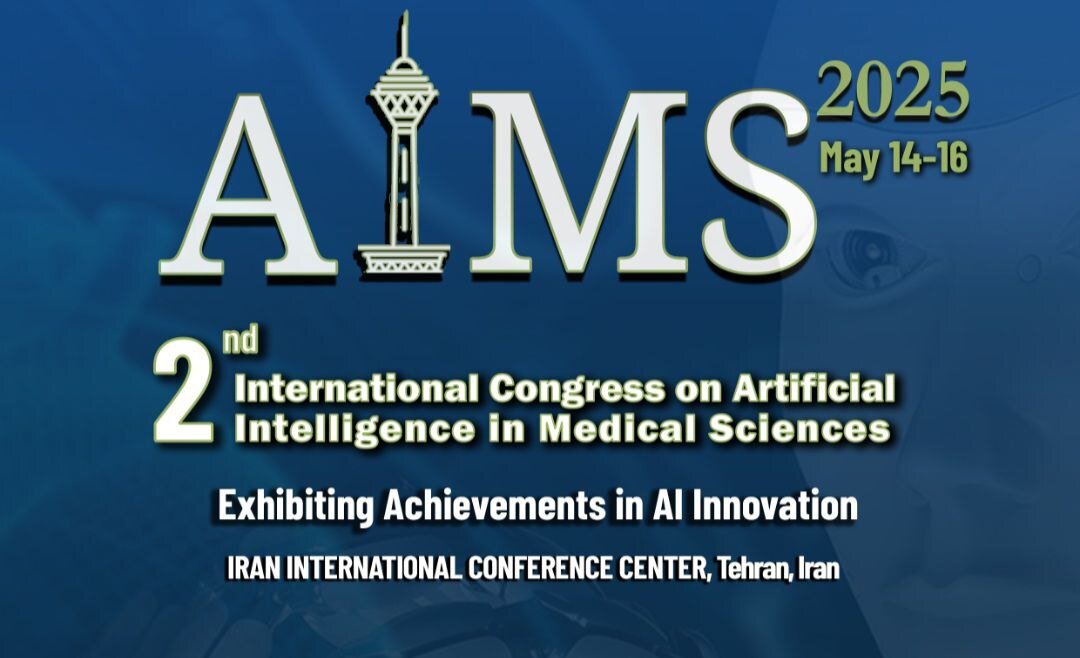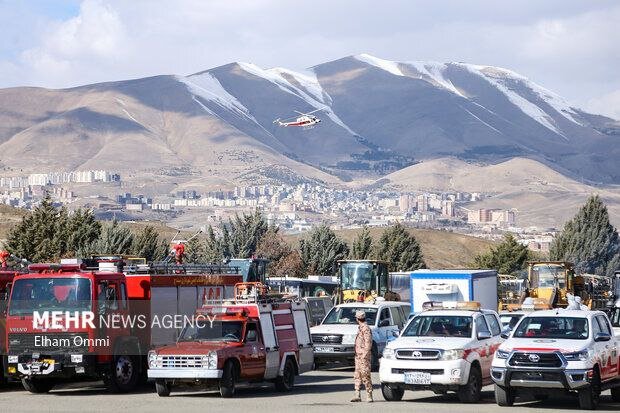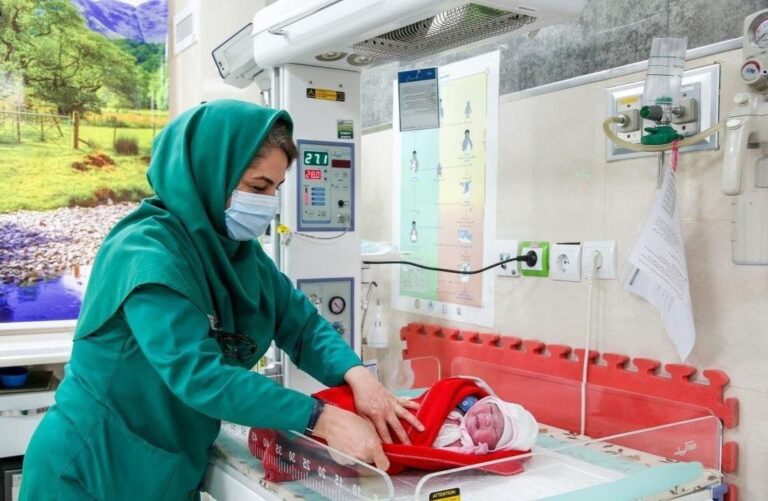Unlocking Innovation: 2nd International Congress on AI in Medical Science Set for May!
The upcoming 2nd International Congress on Artificial Intelligence in Medical Science (AIMS) is set to take place in Tehran from May 14 to 16, offering a pivotal platform for experts and researchers to explore the intersection of AI and healthcare.
This congress aims to foster collaboration and knowledge exchange among professionals interested in leveraging AI technologies in the medical field. With a focus on joint research projects, the event is an opportunity to discuss the latest advancements and challenges in applying AI to medical sciences.
Objectives of the Congress
The primary objectives of the congress include:
- Facilitating interaction between researchers and AI enthusiasts.
- Sharing knowledge and experiences in AI applications.
- Discussing recent achievements and emerging trends in AI for medical sciences.
- Identifying weaknesses and challenges in AI development within the healthcare sector.
- Exploring new opportunities in disease diagnosis, treatment, drug development, and healthcare system improvement.
Focus Areas of the Congress
The congress will cover a range of topics, including:
- Personalized medicine
- Biomedical data processing
- AI in pharmacy
- AI in digital health
- Advanced technologies and medical equipment
- Generative AI in healthcare
- Health policy, law, and management in AI
Preliminary Event: AI Innovation in Telehealth
On February 16, the Smart University of Medical Sciences (SMUMS) will host a preliminary event titled ‘AI Innovation in Telehealth’, featuring both national and international speakers. This event will showcase cutting-edge AI tools in telehealth and discuss:
- The application of AI in telehealth platforms.
- Enhancing patient experiences through AI.
- Future trends in the integration of AI within telehealth.
This gathering aims to foster collaboration among healthcare professionals while highlighting the transformative role of AI in telemedicine.
Memorandum of Understanding on AI in Medical Treatment
In a significant development, the Vice Presidency for Science and Technology and Tehran University of Medical Sciences signed a memorandum of understanding in January to advance the use of artificial intelligence in medical treatment.
The agreement focuses on promoting a knowledge-based ecosystem in health, emphasizing:
- Omics and genomics studies
- Cell therapy in endocrinology and metabolism
- Person-centered medicine utilizing AI for prevention, diagnosis, and treatment
- Innovation in the commercialization of healthcare products and services
Statistics indicate significant cost savings through the implementation of AI in healthcare, with advanced countries reporting reductions of about 40% in costs. In specific cases, such as breast or lung cancers, AI has been shown to lower healthcare expenses by as much as 80%. This emphasizes the importance of integrating AI into healthcare strategies to achieve economic efficiency.
According to Mostafa Qaemi, secretary of the Biology Development Headquarters, leveraging AI can significantly enhance the knowledge-based economy in healthcare.
Hassan Bakhtiari, president of SMUMS, mentioned that the university has developed a smart healthcare document that is nearing approval. Once approved, this document will mark a crucial step towards digital transformation in Iran’s healthcare system.
The Role of SMUMS Research Center
The SMUMS research center is positioned as a key player in applied research and the recruitment of medical researchers. Bakhtiari highlighted its potential to:
- Develop innovative treatments
- Reduce healthcare costs
He emphasized that many regional countries are leading in artificial intelligence, and Iran must enhance its standing in this vital sector. AI’s role extends beyond research; it significantly impacts the diagnosis, prevention, and treatment of diseases while improving the quality of medical services available.
AI’s Impact on Healthcare Access
Bakhtiari also pointed out that AI technology can facilitate the development of medical services in underserved and rural areas. He noted that telemedicine is a crucial area where AI can promote health equity by providing advanced medical services to remote populations.
As the congress approaches, it represents a crucial opportunity for dialogue and innovation at the intersection of artificial intelligence and medical science, promising advancements that could reshape the future of healthcare.






